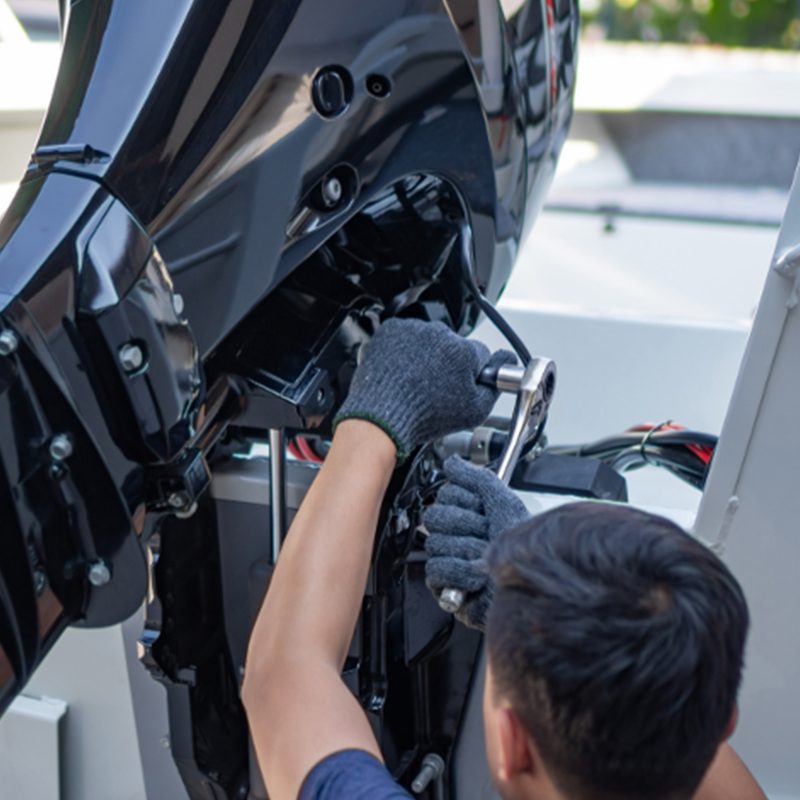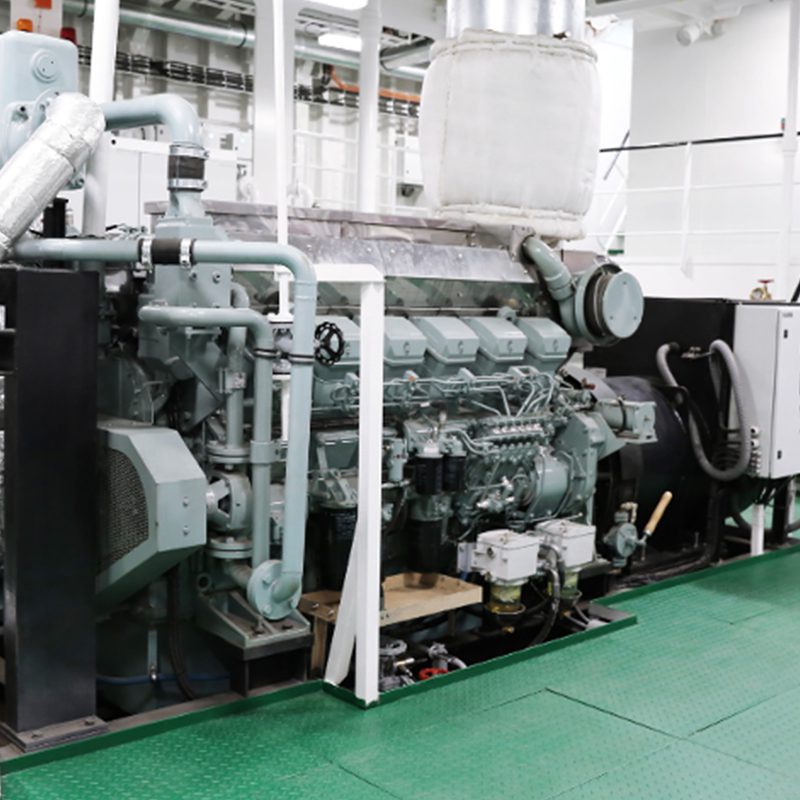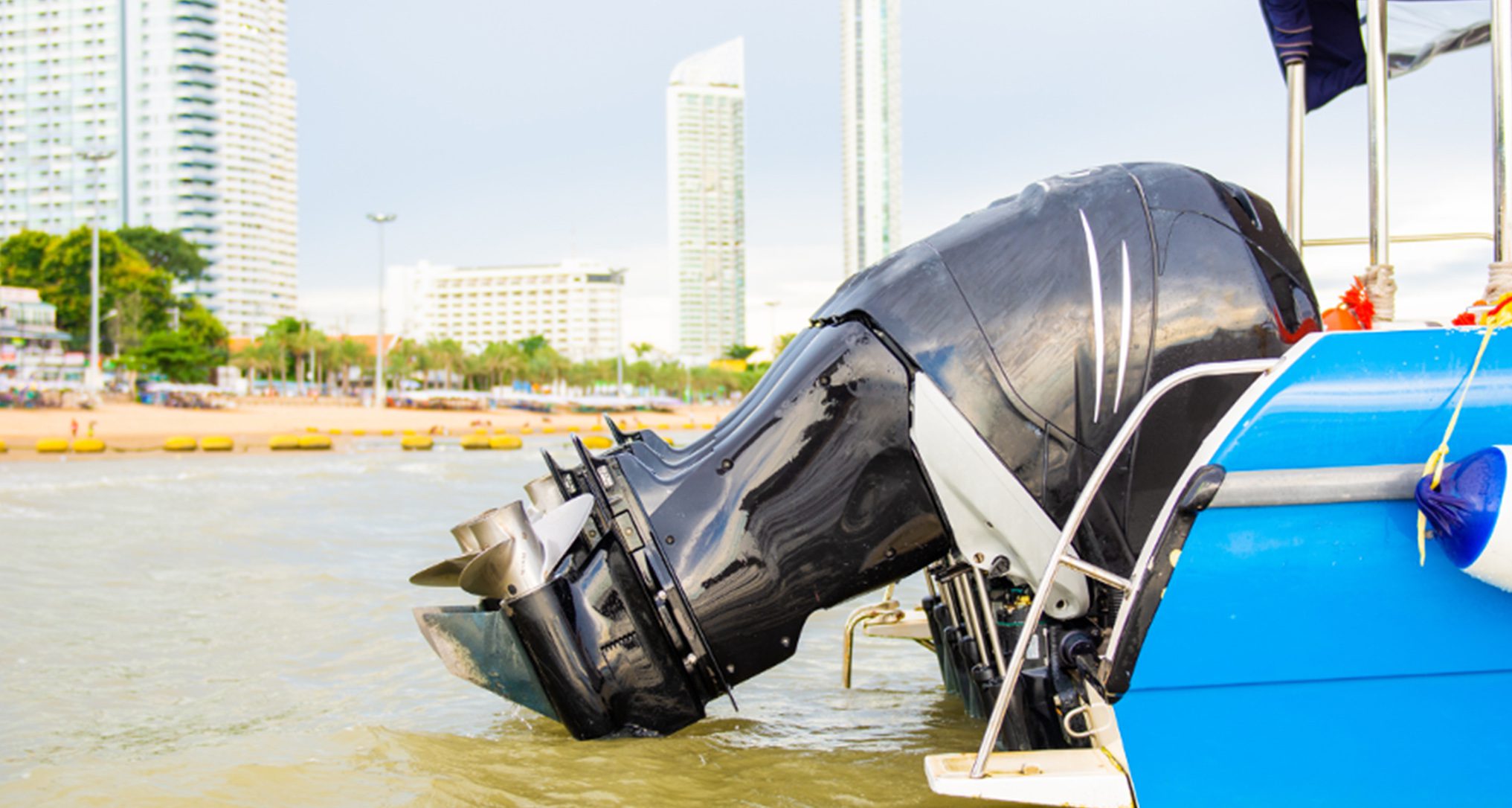It’s one of the most frustrating issues a boat owner can encounter – A boat engine that stops running. This problem is even more troubling if the engine stops while you’re out on the water, miles away from the nearest coastline. When this kind of issue arises, you need a plan, as some of the most common reasons a boat engine stops aren’t the easiest to fix in a bind. However, with the correct information, you can be prepared to handle the top reasons a boat engine might quit during use.
At Triad Diagnostic Solutions, we highly recommend working with a repair facility or investing in your Jaltest Marine Vessels diagnostic kit. We also organized this list of the top five reasons a boat engine will stop, including their solutions. With the information provided in this blog post, you can work proactively to prevent these issues and will know how to address them best when they happen.
1. Running Out of Gas
The number one most common reason for boaters getting stranded on the water when their boat engine stops is pretty simple: they ran out of gas. While we all like to say that we’d never be the one to run out of gas, it’s a good idea to keep an eye on that fuel gauge and make sure it’s accurate. If your fuel gauge isn’t accurate, you’ll need to plan accordingly.
We also highly recommend knowing as much as possible about your boat’s fuel burn and operating range. Otherwise, you may find yourself stranded and need to make a rather embarrassing call for help. Regularly test your sensors and the fuel system to ensure the fuel gauge can be trusted.
2. Engine Sputtering and Losing Power
If you can actively feel your boat engine sputtering and eventually losing power, you likely have fouled plugs or a filter problem. To combat this common reason a boat engine stops, you can replace the in-line fuel filter. If you don’t have one with you, you should at least clear the filter of debris. You should also drain any water that has accumulated. Remember, if you are an inboard/outboard owner, you must vent your engine properly before restarting it. If your problem is fouled plugs, on the other hand, the best you can do is replace them with spares.
3. Boat Engine is Overheating
When the needle on your boat’s temperature gauge starts to rise, this is a clear indicator of a lack of water flow in the cooling loop. Many boats rely on the water they’re floating on to keep the engine cool. The engine can overheat and fail when that water isn’t flowing properly. If this happens to you, start by tracing the source. In many cases, this disruption to water flow is caused by debris, such as mud, weeds, or trash. Locate the obstruction and remove it. It is also important to note that disruption to water flow is sometimes caused by a burst hose or loose hose clamp. In this case, prevention of the problem relies on regular maintenance.

4. Electrical Failure
Another common reason for a boat engine to stop involves electrical failure. This could involve anything from a loose connection or corrosion to a blown fuse. If you suspect an electrical failure is to blame for your boat’s engine failure, start with the easier solutions. If your boat has a kill switch and lanyard, ensure the lanyard key hasn’t come loose. Next, check your ignition switches. Sometimes a loose connection here is the culprit and can be easily resolved.
If neither of these solutions does the trick, you’re likely dealing with an electrical failure caused by a wiring issue. If that’s the case, you may find evidence of corrosion or a loose connection. The best way to prevent this issue is to keep up with cleaning and maintenance.
5. Lack of Proper Engine Maintenance
Finally, a lack of proper engine maintenance is often the root of engine failure. While many boat owners clean their boats outside regularly, not all owners pay as much attention to the inner mechanisms of their vehicles. Regular preventative maintenance and diagnostic health scan utilizing Jaltest Marine Diagnostic software is important to stay on top of it to prevent serious problems with your boat’s engine.
To stay on track with maintenance, we recommend creating a checklist with Jaltest’s GRP system and following it closely. Keeping up with this checklist regularly will ensure your boat is always in the best condition possible, helping you avoid the most common reasons for engine failure.

Marine Diagnostic Kits That Help You Avoid the Worst
Now that you know some of the most common reasons for a boat engine to stop, you’ll know where to start when diagnosing an issue. But what if there was an even simpler way? Luckily there is! With our Jaltest marine diagnostic kits, you’ll have access to a diagnostic system built to make troubleshooting a breeze. Our kits even come with troubleshooting guides to walk you through the repair process.
Best of all, our diagnostic tools are affordable. We have flexible financing options for up to 60 months for your convenience. Browse our website and find a diagnostic tool that can make all the difference. Check out our free demo to see the power of Jaltest software in action!
Photo: Canva – Studio Mars via Getty Images
Photo: Canva – amnat jomjun via Getty Images
Photo: Canva – hooyahphoto via Getty Images

